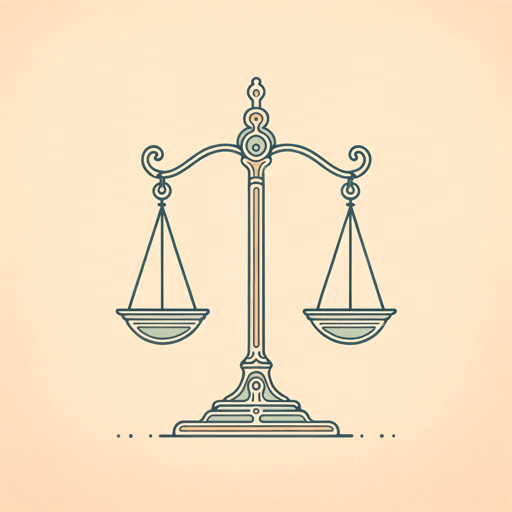38 pages • 1 hour read
PlatoGorgias
Nonfiction | Book | Adult | BCEA modern alternative to SparkNotes and CliffsNotes, SuperSummary offers high-quality Study Guides with detailed chapter summaries and analysis of major themes, characters, and more.
Important Quotes
“SOCRATES. Ask him, Chaerephon.
CHAEREPHON. Ask him what?
SOCRATES. What sort of man he is.”
(447c, Page n/a)
Learning that the orator Gorgias has agreed to answer any question posed to him by his audience, Socrates instructs his friend Chaerephon to ask him “what sort of man he is”—meaning, as Socrates goes on to explain, what the nature of Gorgias’s art (techne) is. Socrates shows that he is not interested in surface-level praise of what Gorgias does but wants to establish through dialogue what Gorgias’s art consists of and what this art reveals about Gorgias’s moral values. This introduces the theme of The Nature and Social Function of Oratory.
“Now, Gorgias, I think that you have defined with great precision what you take the art of oratory to be, and, if I understand you correctly, you are saying that oratory is a maker of conviction, and that this is the sum and substance of its whole activity.”
(453a, Page n/a)
Socrates summarizes the progress he and Gorgias have made in defining oratory as an art whose object is conviction. For Gorgias, this conviction is what makes oratory so important, as an orator can use their ability to produce conviction to control the masses. Socrates, however, will note and exploit the potential dangers of being able to use speech to control the masses, as oratory professes to do.
“Oratory serves, Socrates, to produce the kind of conviction needed in courts of law and other large masses of people, as I was saying just now, and the subject of this kind of conviction is right and wrong.”
(454b, Page n/a)
Pressed by Socrates, Gorgias further refines his definition of oratory to specify the subject on which it convinces others, namely, right and wrong. Gorgias’s grandiose claims, which the orator thinks establish the importance of his art, really only make his position increasingly precarious and ultimately enable Socrates to point out the potential dangers of oratory.
Related Titles
By Plato
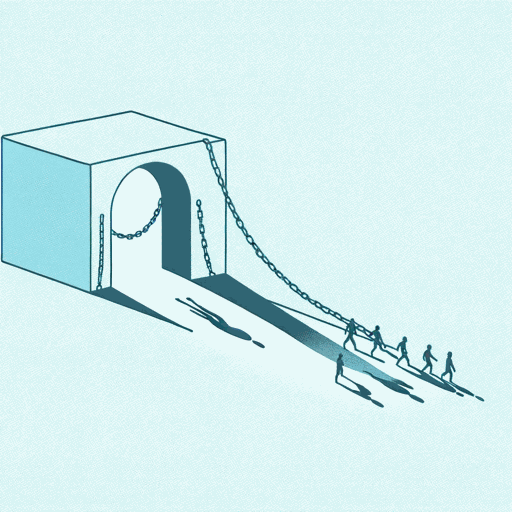
Allegory Of The Cave
Plato
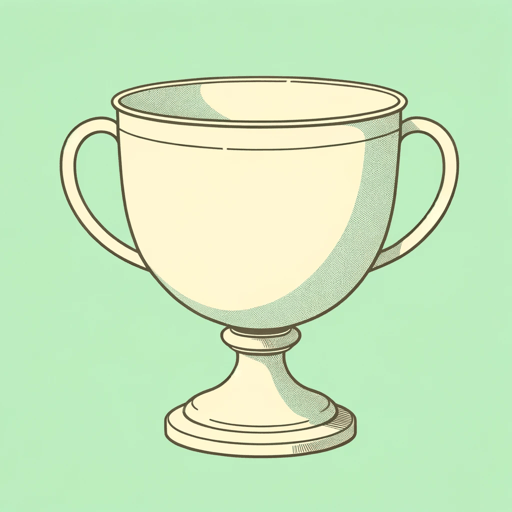
Apology
Plato
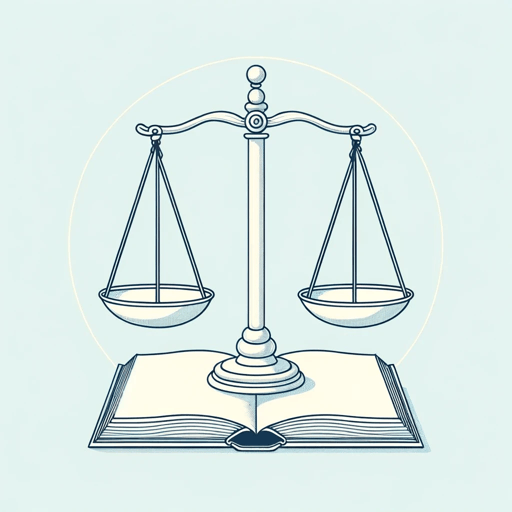
Crito
Plato
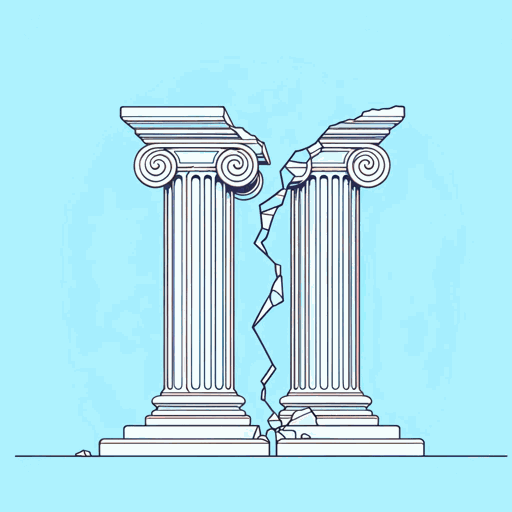
Euthyphro
Plato
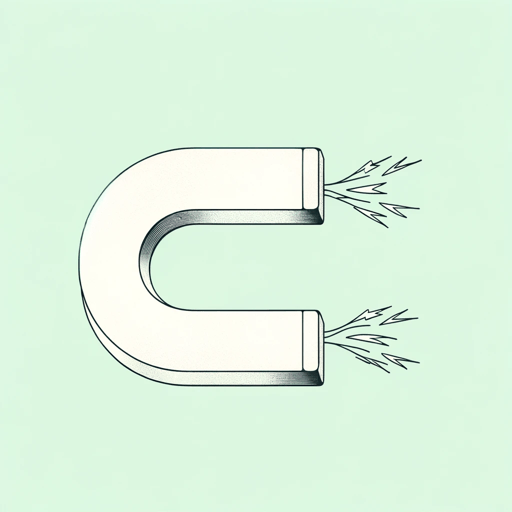
Ion
Plato

Meno
Plato
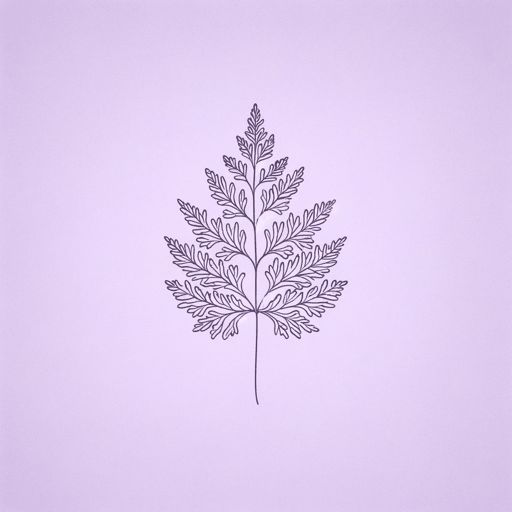
Phaedo
Plato
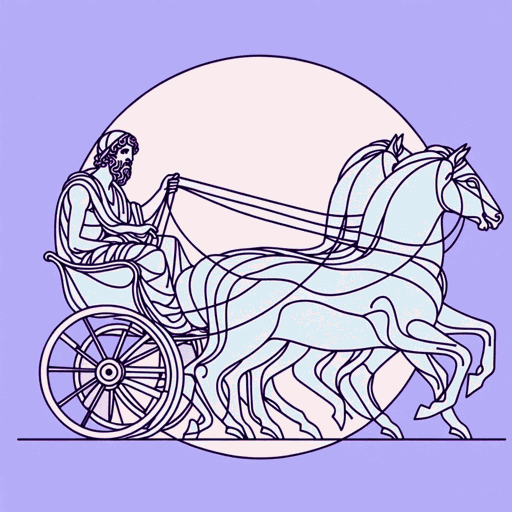
Phaedrus
Plato
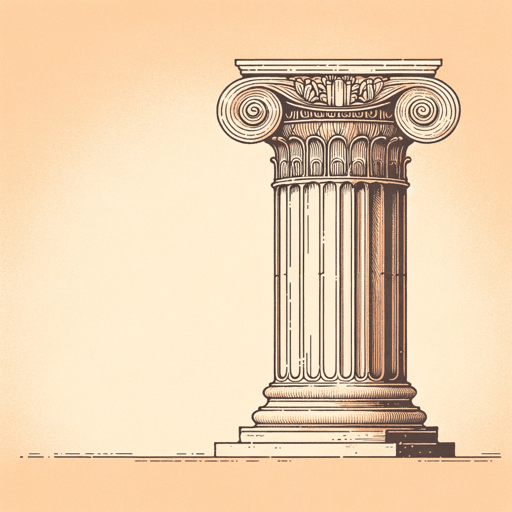
Protagoras
Plato
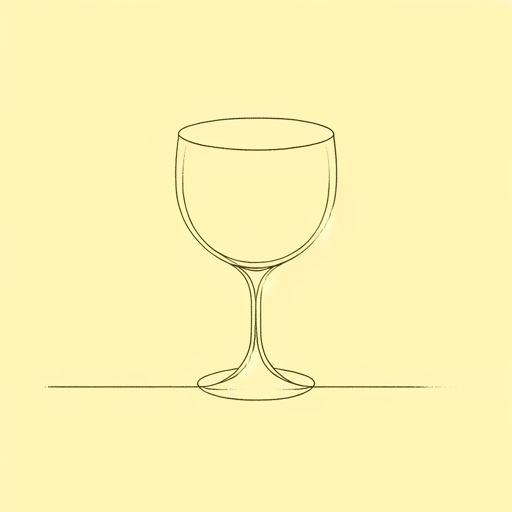
Symposium
Plato

Theaetetus
Plato
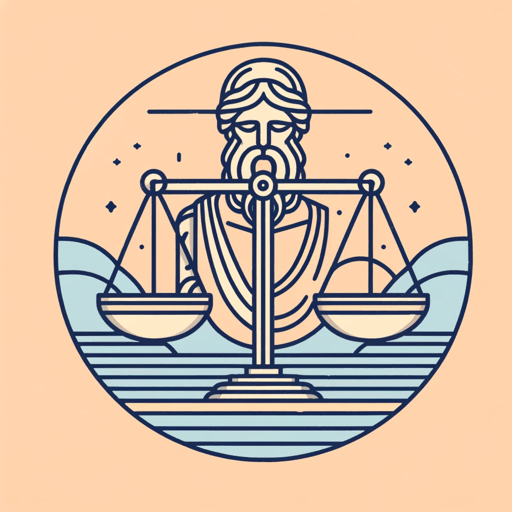
The Last Days of Socrates
Plato

The Republic
Plato
